
Axelle Fleury, French Lecturer, Student Advisor for the School of Media, Arts and Humanities and Sophrologist.

University life often presents a complex interplay of academic pressure, social challenges, and the pursuit of balance. While it is a period of growth and exploration, it can also become overwhelming, particularly when mental health is neglected. At the University of Sussex, we are dedicated to prioritising student well-being, a commitment I have upheld for years. To further support our students, I trained as a Sophrologist for two years, equipping myself with the skills necessary to offer students’ specialised wellbeing workshops. This year, I had the opportunity to apply this training by exploring the potential benefits of Sophrology for our Media Arts and Humanities (MAH) students.
What is Sophrology?
For those unfamiliar, Sophrology is a holistic mind-body practice that has been widely used in countries like France, Spain, Belgium, and Switzerland for over 60 years. It combines techniques such as mindful breathing, gentle movements, and positive visualisation to enhance both mental and physical well-being. Although relatively new to the UK, it has shown promising results in helping individuals manage stress, anxiety, and build self-confidence—all crucial aspects of student life.
The Workshops: A Journey to Well-Being
During Term 2 (2023-24), I organised seven lunchtime workshops specifically for MAH students, aiming to provide them with tools to manage stress, reduce anxiety, and build self-confidence. These sessions were designed to be more than just a break from academic work; they were a step towards long-term mental health maintenance.
The response was encouraging—ten students signed up, eager to explore new ways to support their well-being. The sessions covered various Sophrology techniques, from body scans that help release tension to guided visualisations that build a protective mental shield against negativity. Each week, students practiced these techniques, gradually noticing changes in their stress levels, sleep quality, and overall mood.
Measuring the Impact: A Closer Look at the Results
To understand the effectiveness of these workshops, I used pre- and post-programme questionnaires where participants rated their well-being across several criteria, such as energy levels, stress, sleep quality, and self-confidence. The results, though from a small group, were telling:
- Energy Levels: Participants reported a 35.7% increase in day-to-day energy, feeling more energised and ready to tackle their academic and personal challenges.
- Stress and Anxiety: One of the most significant changes was a 45.2% reduction in stress and anxiety levels. Given that these workshops were tailored to address these issues, this outcome was particularly rewarding.
- Emotional Well-Being: This area saw the most substantial improvement, with a 61.5% increase. Students felt more emotionally balanced, better equipped to handle their feelings, and experienced a more positive outlook on life.
- Concentration and Focus: Academic life demands a sharp focus, and the workshops helped participants improve their concentration by 54.2%. This enhancement is crucial for success, both in and out of the classroom.
- Self-Confidence: Another significant area of improvement was self-confidence, which saw a 27.3% boost. This is particularly important in an academic setting, where students often face challenges that test their self-belief.
Why Sophrology Matters
These results, while based on a small sample size, suggest that Sophrology can be a powerful tool in supporting student well-being. The techniques not only help in reducing immediate stress and anxiety but also equip students with strategies they can use in their everyday lives, long after the workshops have ended.
Sophrology’s focus on the mind-body connection makes it a versatile practice that can be tailored to individual needs. Whether it’s improving sleep quality or building resilience against life’s challenges, it offers a holistic approach to well-being that is accessible and practical for students.
Looking Ahead
While these findings are promising, they also highlight the need for further research with a larger and more diverse group of students. Expanding these workshops and exploring their long-term benefits could provide deeper insights into how Sophrology can be integrated into university well-being programs.
As we continue to prioritise student mental health, practices like Sophrology could become an essential part of the support system, helping students to thrive during their time at university.
If you would like to know more, or if you have a group of students interested in a course of workshops, get in touch a.e.m.fleury@sussex.ac.uk
Appendix : Find a full study report on the potential benefits of Sophrology techniques on students’ wellbeing, with a focus on stress and anxiety reduction and self-confidence building below.
Using the Professional Standards Framework (PSF) for teaching and supporting learning in higher education 2023 to ensure good practice and excellent student experience. This teaching practice outlined in this blog post is informed by the highlighted areas:
Areas of Activity
- A1 design and plan learning activities and/or programmes
- A2 teach and/or support learning through appropriate approaches and environments
- A3 assess and give feedback for learning
- A4 support and guide learners
- A5 enhance practice through own continuing professional development
Core Knowledge
- K1 how learners learn, generally and within specific subjects
- K2 approaches to teaching and/or supporting learning, appropriate for subjects and level of study
- K3 critical evaluation as a basis for effective practice
- K4 appropriate use of digital and/or other technologies, and resources for learning
- K5 requirements for quality assurance and enhancement, and their implications for practice
Professional Values
- V1 respect individual learners and diverse groups of learners
- V2 promote engagement in learning and equity of opportunity for all to reach their potential
- V3 use scholarship, or research, or professional learning, or other evidence-informed approaches as a basis for effective practice
- V4 respond to the wider context in which higher education operates, recognising implications for practice
- V5 collaborate with others to enhance practice


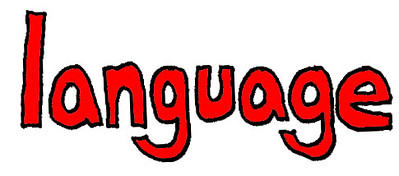




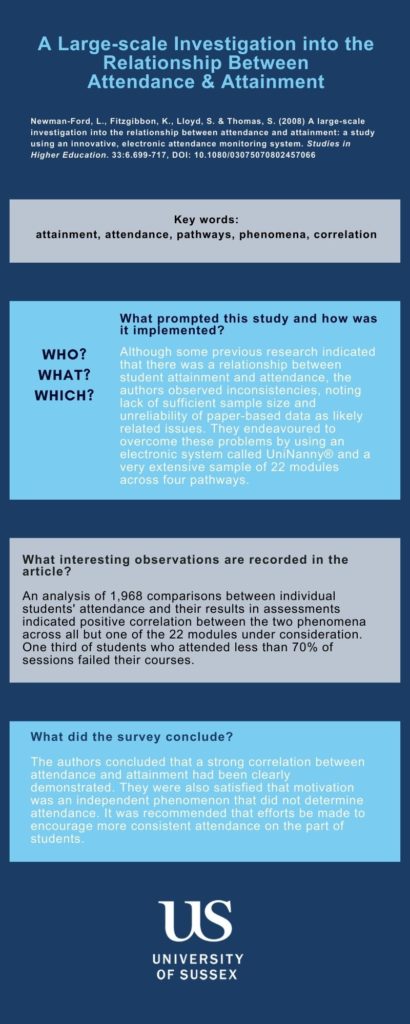

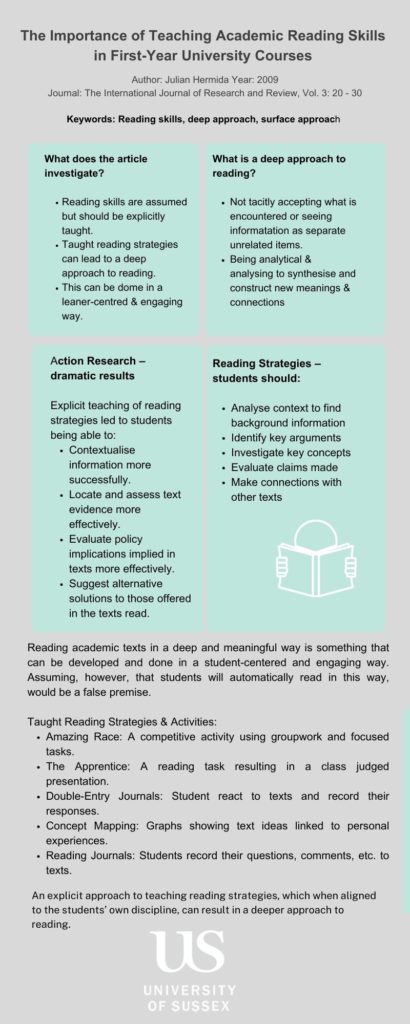

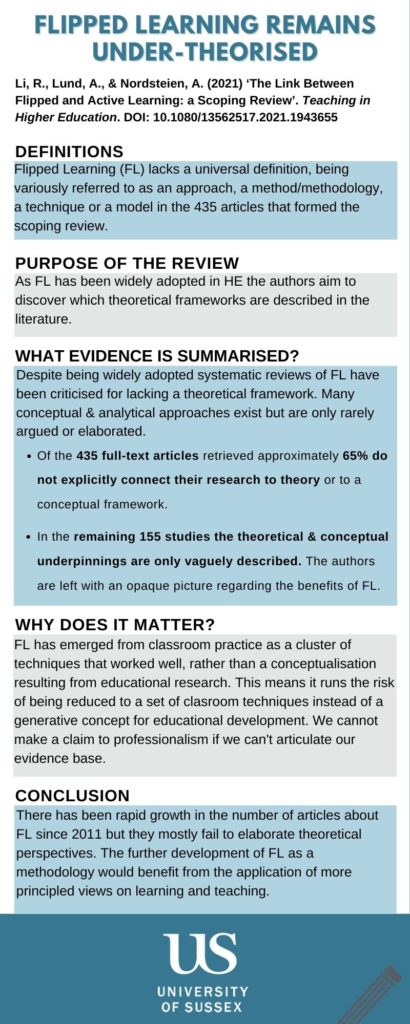

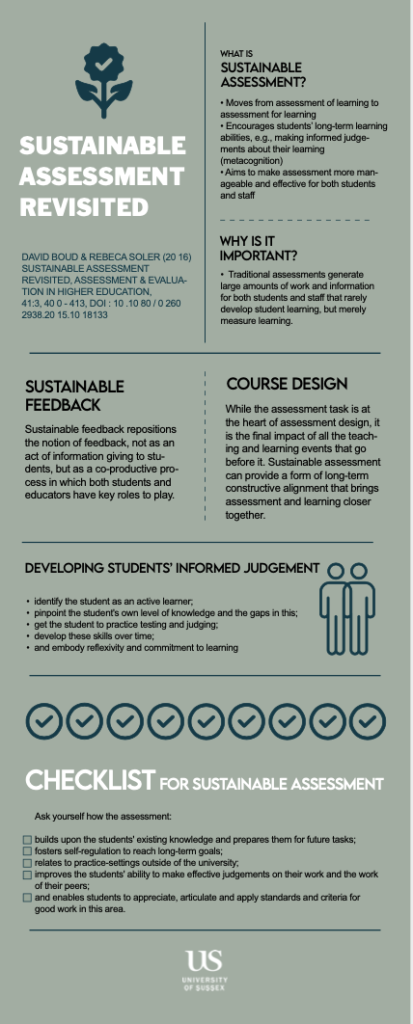



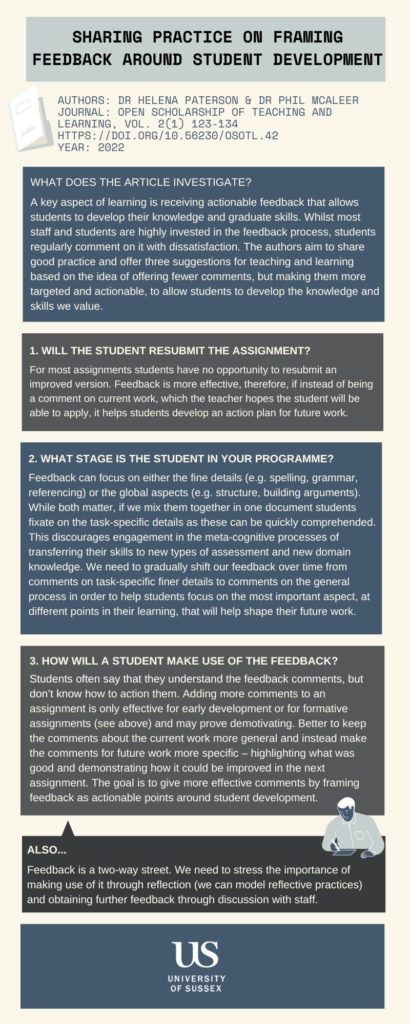
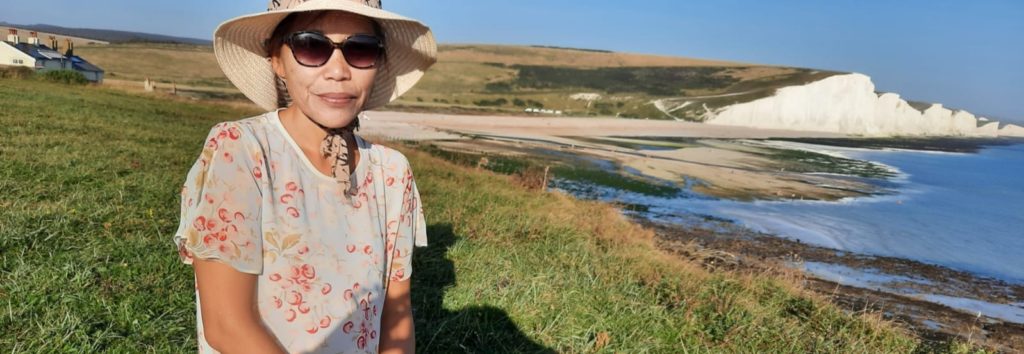
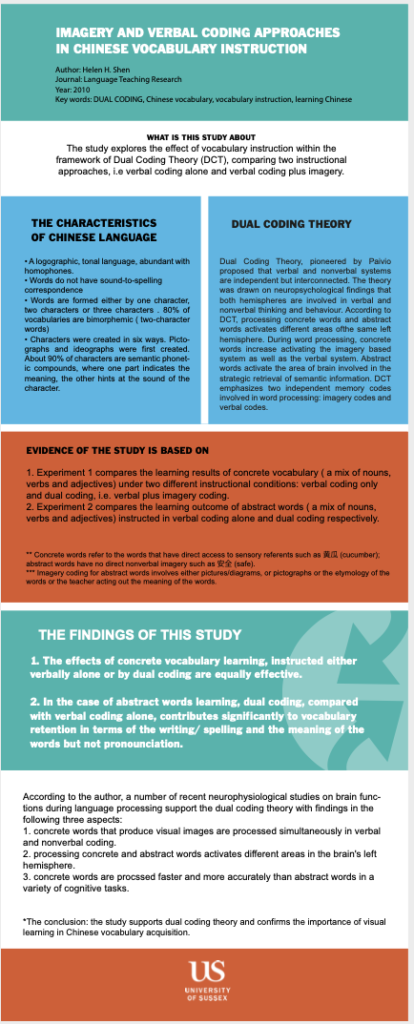
Recent Comments